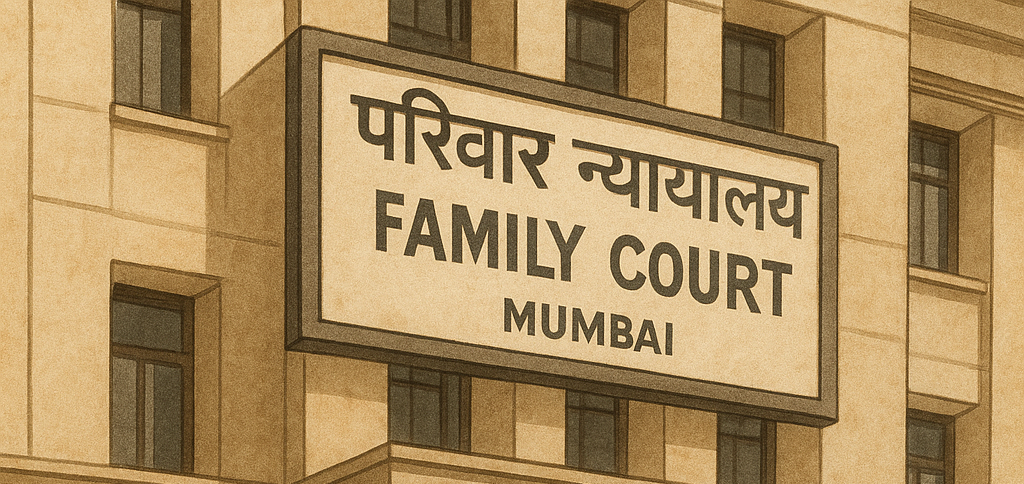Mumbai, April 29, 2025 — In a significant development in family law, the Family Court of Mumbai has awarded full custody of two minor children to their father, citing concerns over the mother’s repeated non-compliance with legal procedures and the father’s proven ability to provide a stable, nurturing environment. The verdict, delivered by Hon’ble Judge Govind G. Vayal, was issued under Section 12 of the Guardians and Wards Act and places the well-being of the children above all else.
The case was initiated on July 12, 2023, by the petitioner, Vijay (name changed), who sought permanent custody of his 11-year-old son and 9-year-old daughter. He was represented by Advocate Deepak Agnihotri, a highly respected divorce lawyer in Mumbai and child custody lawyer in Mumbai, well-known for handling local and NRI divorce and child custody battles.
Advocate Deepak Agnihotri built a compelling legal argument focused on Vijay’s consistent involvement in his children’s lives, despite his separation from their mother in 2022. The couple, married since 2011, had spent time both in India and abroad before their separation.
The court’s decision followed troubling developments during the legal process. The mother, Aarti (name changed), failed to respond to multiple court summons and was uncooperative with court-appointed counsellors. She obstructed home visits and even allegedly threatened officials involved in evaluating the children’s home conditions. These actions, as documented in court records, were deemed detrimental to the children’s mental and emotional well-being and created an atmosphere of hostility that the court could not overlook.
In contrast, an official evaluation of Vijay’s home presented a vastly different scenario. Reports praised the father’s home for being safe, well-maintained, and emotionally supportive. Located close to the children’s school in Vikhroli, his residence also benefited from the presence of his elderly parents, who contribute to the children’s care. The father was described as financially stable and emotionally engaged in the upbringing of his children, fulfilling both educational and personal needs.
Judge Vayal’s ruling emphasized the developmental importance of a secure and cooperative household. He noted that while the father showed traits of maturity, responsibility, and care, the mother’s actions appeared erratic and disruptive, ultimately influencing the decision to transfer custody.
The court has directed that custody be formally handed over within two months from the date of the order.
Legal analysts regard this ruling as a landmark judgment that reaffirms the principle that custody decisions must be guided solely by the best interests of the child. In cases involving obstructive or emotionally unstable behavior from one parent, courts are empowered to act decisively in favor of the more stable caregiver.
Advocate Deepak Agnihotri, who regularly handles NRI custody disputes, mutual consent divorces, and high-conflict family court cases in Mumbai, praised the court’s focus on child welfare, calling it: “A critical step toward child-centric justice. This verdict empowers stable caregivers and helps protect children from emotional turmoil caused by legal delay and obstruction.”
This judgment may serve as an important precedent in future custody disputes, especially in NRI and high-conflict separation cases, where one parent seeks to alienate the children from the other or hinder the judicial process.
Read more.


